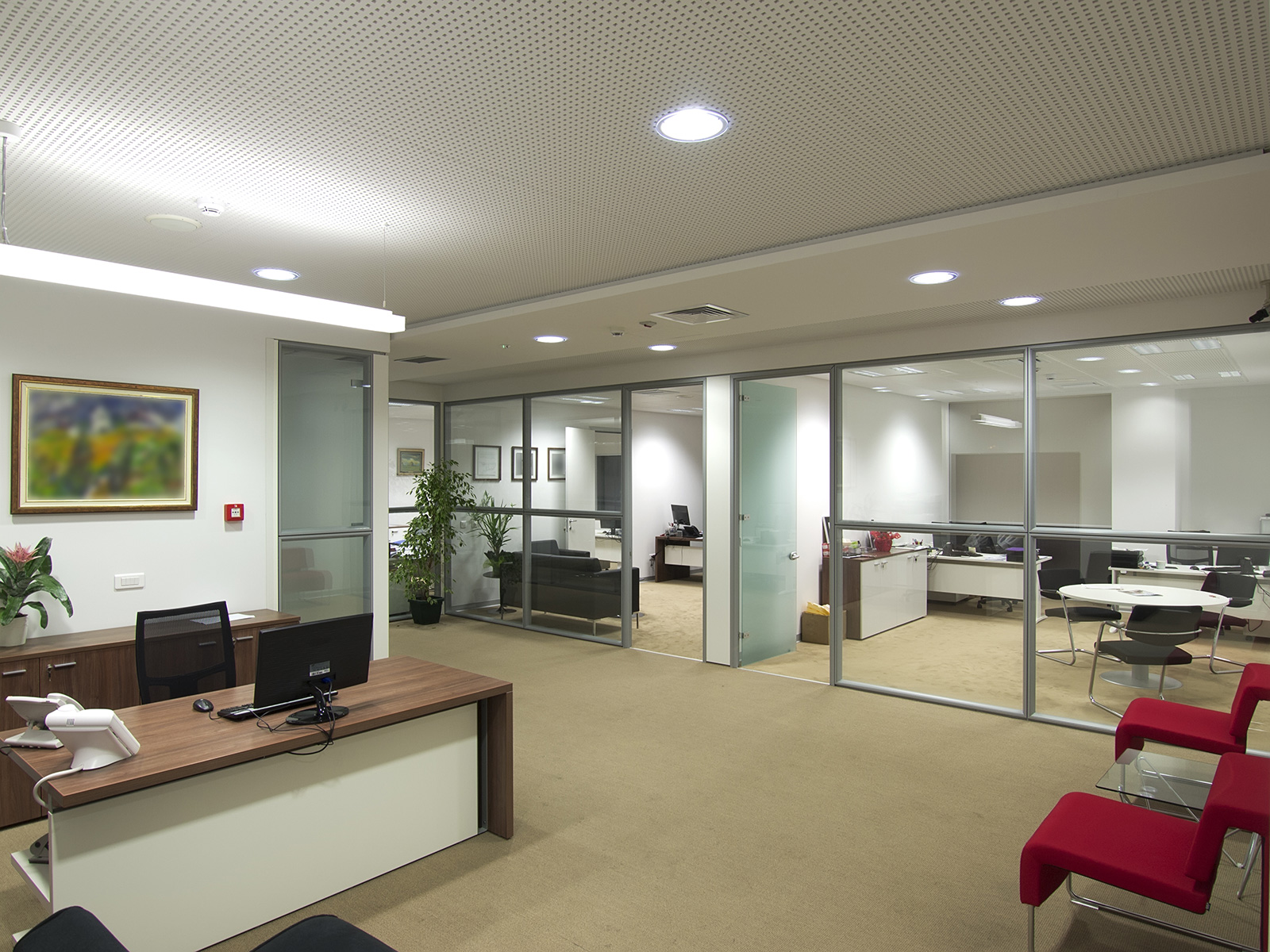Designing a modern office space offers a range of benefits that cater to the evolving needs of today's workforce. The design of a workspace plays a crucial role in influencing employee productivity, well-being, and overall job satisfaction. Here are several key benefits of designing a modern office space:
Flexibility and Adaptability
Modern office designs prioritise flexibility to accommodate various work styles and tasks. Flexible workspaces, hot desking, and modular furniture allow employees to choose environments that suit their specific needs, promoting a dynamic and adaptable work culture.
Collaboration and Communication
Contemporary office designs emphasise open layouts and collaborative spaces to encourage communication and teamwork. Features such as communal areas, shared workstations, and breakout zones foster spontaneous interactions, idea sharing, and a sense of community among employees.
Technology Integration
Modern office spaces are designed to seamlessly integrate technology, providing employees with the tools and infrastructure needed to stay connected and work efficiently. This includes high-speed internet, video conferencing facilities, and smart office solutions that enhance productivity and connectivity.
Well-being and Comfort
Employee well-being is a top priority in modern office design. Considerations for natural light, ergonomic furniture, green spaces, and wellness rooms contribute to a healthier and more comfortable work environment. Prioritising well-being can lead to increased job satisfaction and reduced stress levels among employees.
Brand Image and Identity
The design of an office space reflects the company's brand and identity. A modern and aesthetically pleasing office can enhance the organisation's image, making it more appealing to clients, partners, and potential employees. Thoughtful design choices contribute to a positive and professional brand perception.

Employee Engagement and Retention
A well-designed office space can positively impact employee engagement and retention. When employees feel comfortable, inspired, and connected to their work environment, they are more likely to be satisfied and committed to their roles. This can reduce turnover and contribute to a more stable workforce.
Agile Work Environments
Modern office designs often embrace agile working methodologies, allowing employees to choose how and where they work. This might include activity-based workstations, quiet zones, and collaboration spaces. Agile environments cater to the diverse needs of a modern workforce, promoting flexibility and autonomy.
Sustainability
Many modern office designs incorporate sustainable practices and materials. This commitment to environmental responsibility not only reduces the carbon footprint of the organisation but also aligns with the values of employees who are increasingly concerned about corporate social responsibility.

